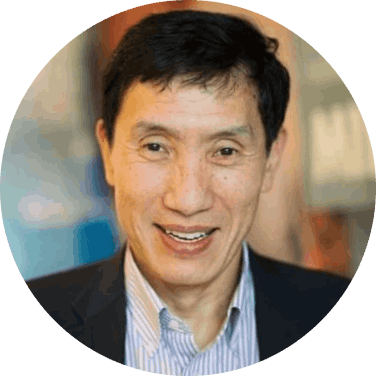ASSET OR LIABILITY?
Historically, Chinese Americans’ dual cultural competence allowed them to serve as intermediaries in scientific, economic, and academic collaborations between China and the United States. During the 1990s and up to the first Trump administration, American academic institutions eagerly sought out Chinese American faculty to create and manage collaborations with their peers in China.
Many U.S. universities established physical presences in China—including Harvard, Stanford, the University of Chicago, and NYU. Others formed collaboration agreements with Chinese universities, including MIT, the University of Michigan, and the University of California.
Beginning in 2018, these alliances have met with suspicion, amid rising geopolitical tensions between the two nations. As the U.S. government has implemented stringent policies to counter perceived threats of intellectual property theft and espionage, Chinese American researchers and professionals have faced increased scrutiny (see also the Gorski & Toomey memo elsewhere in this report).
The China Initiative, launched by the Department of Justice in 2018, exemplifies this shift. By 2021, at least 77 individuals had been charged, according to a report by MIT Technology Review, of which about 88% were of Chinese heritage.
Notable examples of the devastating impact of the China Initiative include the cases of Professors Anming Hu, Franklin Tao, and Gang Chen (see the Kusakawa memo elsewhere in this report for more details). Hu, an engineer at the University of Tennessee, was charged with, and then acquitted of, wire fraud and lying about his affiliation with a Chinese university. Tao, a chemist at the University of Kansas, had convictions (of wire fraud and false statements) overturned for lack of evidence. Chen, a mechanical engineer at MIT, was arrested on allegations of failing to disclose connections to China—charges that were dropped a year later.
These researchers, and many others, had their lives and careers derailed. They were scrutinized as potential national security risks simply due to their normal activities undertaken in China during the era of broad engagements between the two countries. The collateral damage has been profound, as revealed by a study conducted by the Asian American Scholar Forum (AASF) in 2022. Called Caught in the Crossfire: Fears of Chinese-American Scientists, it provides crucial insights.
The survey of 1,949 Chinese American scientists and researchers across the United States found widespread stress and anxiety. Almost three quarters said they feared being surveilled by the U.S. government; nearly two thirds said they were afraid of being falsely accused of spying. Many—42%—of the China-born scientists polled said they were considering leaving the United States. More than one third of all who replied (38%) were thinking about leaving academia or changing professions altogether. This climate of fear has impacted science itself: 45% of respondents had reduced their collaborations with scientists based in China; 40% had reduced their participation in federally funded projects.
The China Initiative officially ended in 2022. Its profound effects on collaboration and talent retention are still being felt, presenting significant challenges to the U.S. research ecosystem and its global competitiveness.

